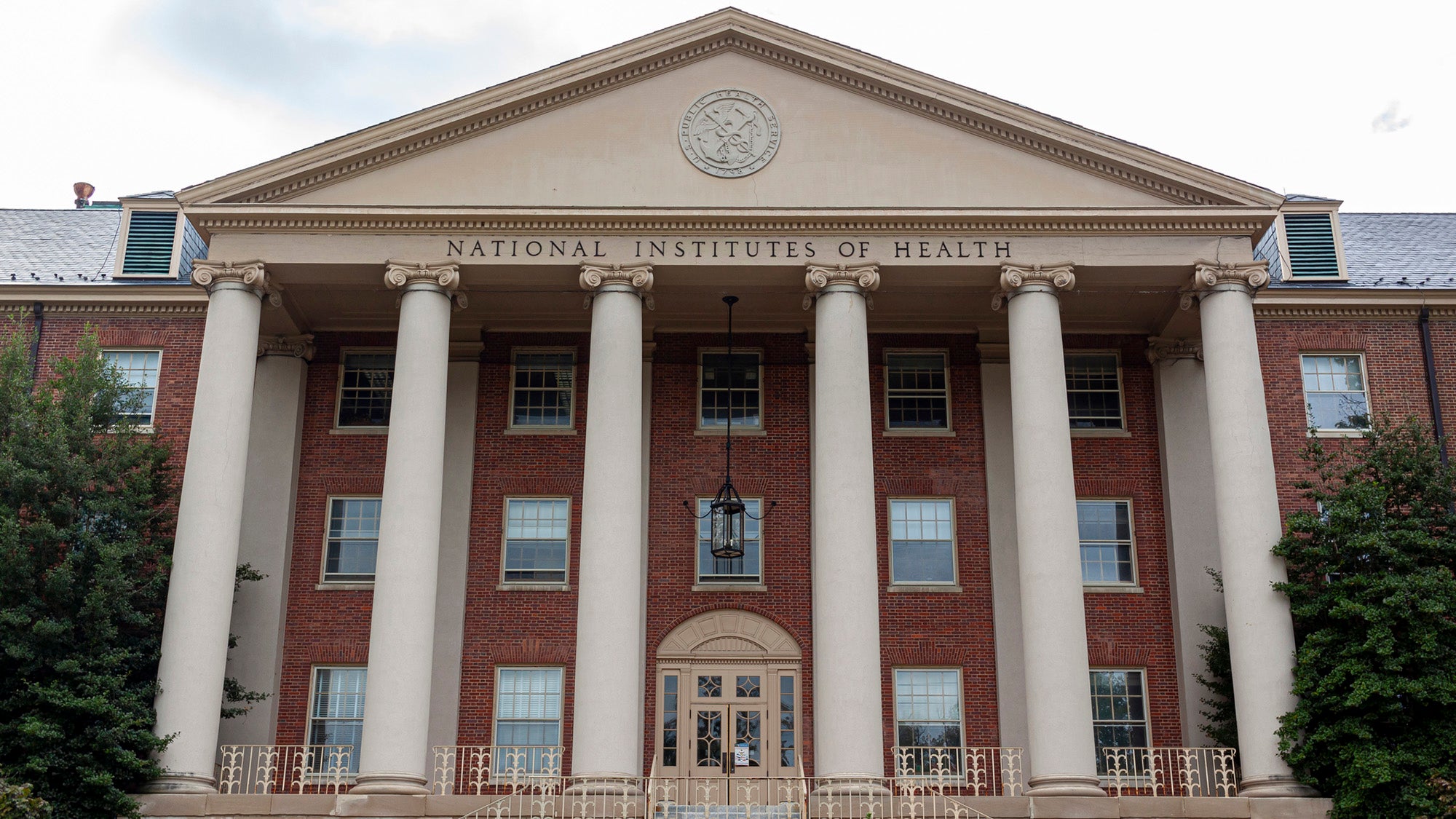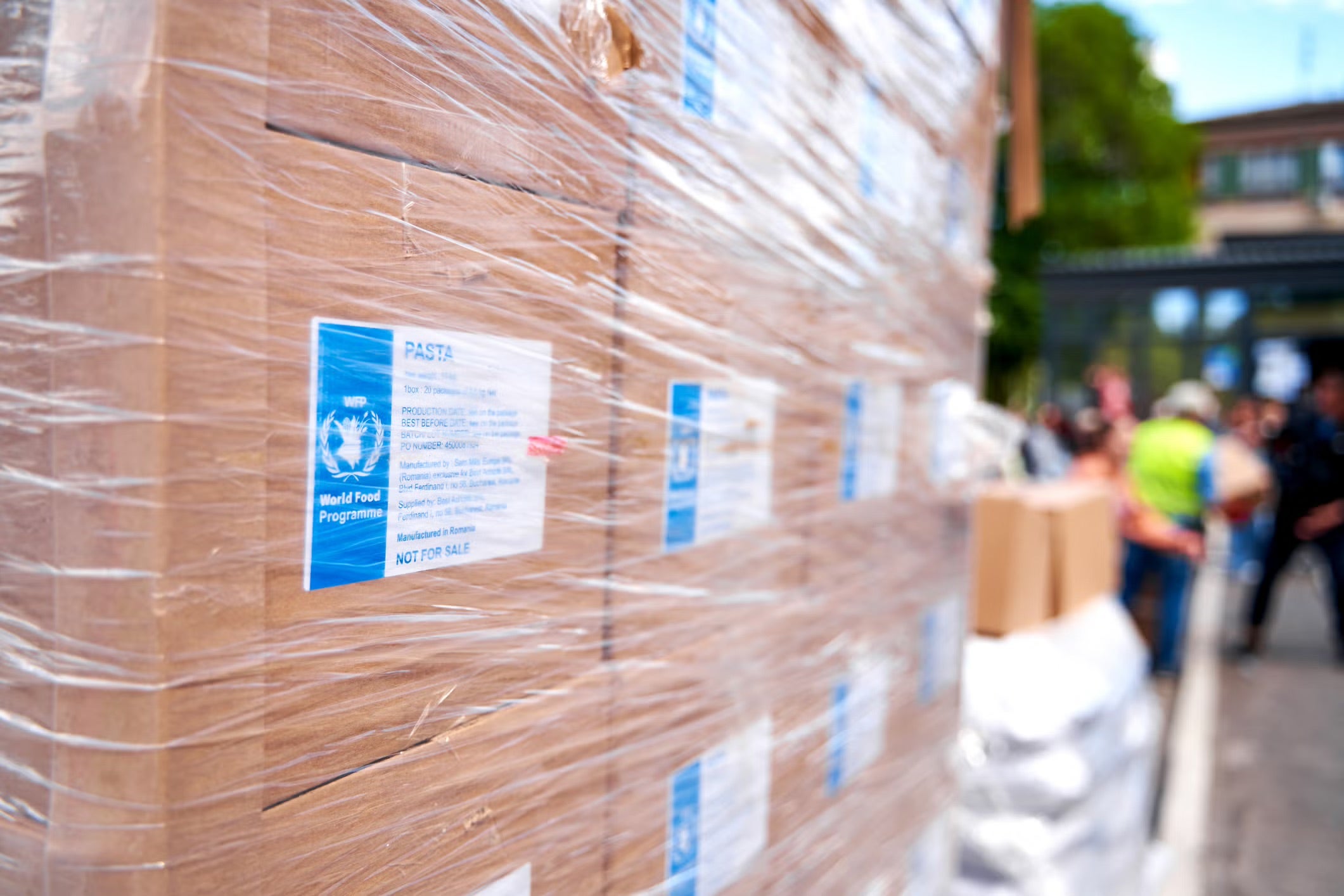Tracking and responding to the global monkeypox outbreak

June 24, 2022 – Public health officials have been closely tracking the ongoing global outbreak of monkeypox, with the World Health Organization announcing on June 17 that there have been over 2,000 cases and one death since the beginning of this year. Bill Hanage, associate professor of epidemiology and co-director of the Center for Communicable Disease Dynamics at Harvard T.H. Chan School of Public Health, discusses the current state of the outbreak and efforts to control disease spread.
Q: What do we know so far about the spread of the monkeypox virus, both internationally and within the U.S.?
A: The virus has already traveled quite far. There has been an ongoing outbreak in Nigeria since 2017, and the transmission chains now spreading globally appear to be derived from that.
It’s a rapidly changing situation, but cases of the infection have been confirmed in close to 50 countries, concentrated in Europe, with suspected cases in many more. In the United Kingdom, case numbers have been high—over 500—and continue to increase, suggesting that the outbreak there is currently not under control. In the U.S., we have found the virus so far mostly in population centers in the Northeast, as well as Florida, California, and Illinois—over 70 cases in total. Around the globe, cases are likely being undercounted.
Q: How are public health officials responding to the outbreak? What additional information do they need to control it?
A: In terms of surveillance, we are playing catch up. It is clear that the virus was spreading for quite some time before it was detected, so once we started looking for it, we found a lot of cases fairly quickly. The climbing case counts reflect enhanced attention to the virus, not rapidly growing transmission chains.
The disease symptoms do not necessarily follow what some might have expected—there may be relatively few blisters or pimples compared to what might be shown in the news. This likely contributed to a period of misdiagnosing monkeypox as other infectious diseases. I strongly suspect that cases are still being missed. We should be on alert.
We already have monkeypox vaccines, and there is cross protection from the vaccines that we used to eradicate the closely related smallpox virus. However, vaccination ceased once smallpox was eradicated. As a result, there are many people now who have no immunity to either of these viruses. That is one of the reasons that epidemiologists have been watching for a monkeypox outbreak for some time. It is far from unexpected.
But having a vaccine available is one thing, and getting people vaccinated is another—it is not likely on a large scale in the near future. Some places have been trying “ring vaccination,” offering immunization to contacts or communities with known cases in order to try to slow the virus down, which can be effective when cases are rare. In New York City, a monkeypox vaccine is now being offered to high-risk groups and not only contacts of known cases, which seems to be a sensible step.
The crucial question for control is how much the virus can be transmitted from someone who does not yet know that they are infected. This will determine prospects for controlling the outbreak through enhanced awareness and attention. That enhanced awareness will also determine amounts of community spread. We should really be listening to our colleagues in Africa, who have great experience dealing with these infections and outbreaks.
Many early cases have been among people who identify as gay or bisexual men and report multiple sexual partners. Of note, this association is consistent with transmission between close contacts, not necessarily—or only—sexual transmission. Additionally, it is not clear how much this association is reflecting enhanced awareness in this particular community. As time goes on, we should get a better handle on transmission in other networks.
Q: How worried should people be, and how can they best protect themselves?
A: Folks should not be overly worried at this point. I cannot emphasize enough how different this is from COVID! The monkeypox virus does not appear to cause severe illness in a large fraction of cases, and infection is presently quite rare. We also have vaccines already. It’s a totally different situation.
People, especially anyone who might be in particularly affected communities, should be aware of the symptoms: rash, fever, and swollen lymph nodes. We will learn more about the disease in the next few months, so my advice would be to keep up to date with the latest, best evidence.
– Jay Lau


